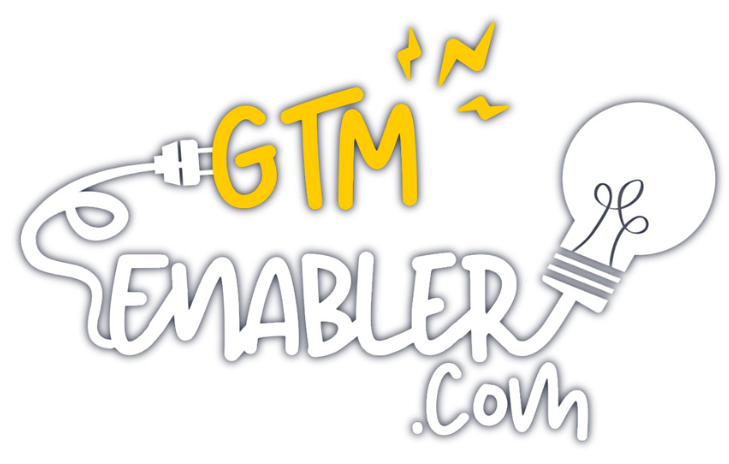20 reasons Why Your Sales Onboarding Training Program Isn't Working
That was a bit of a harsh title, I know, but sometimes the truth hurts. When something we're doing isn't working, it's time to recognize that and move on to a better future. You deserve it! I think it was Einstein that said something along the lines of "insanity is doing the same thing over and over and expecting different results." You're not insane, you're just understaffed, prioritized differently or uninformed. I got you!
So how do you know if your current training program actually "doesn’t work"? Let's see, does any of this (listed in no particular order) sound familiar?
You have no idea how to quantify the success of your training program.
Your trainings are all structured to tell sellers WHAT to do, but not HOW to do it.
Your Sales Managers say, do, and condone behaviors, processes, and methodologies in the field that are different than those taught in your training program (similarly, you haven't aligned your training program with ALL of Sales Management).
Your face-to-face training consists of a trainer, sales leader or rockstar sales rep just talking AT trainees, with little to no intentional engagement or specific curriculum.
You built your training program with only input from Sales Leaders and did not include field reps, marketing and sales operations (at a minimum).
You have no quantified and standardized certifications marking the completion of a training program (similarly, you have few micro-benchmarks built into the program throughout to measure accountability and concept/skill understanding).
Your trainings consist of little more than a series of checklists, with no discernible accountability built in (i.e. watch 3 demos, meet 1-on-1 with Jeff, etc).
Your training program is confusing to follow, making the learning experience disjointed and frustrating. Perhaps it's accessed from different, disconnected, places and not aligned in a single place. Maybe you have little to no formal structure to the program. Or potentially, you offer limited face-to-face training with no intentionally designed lessons.
You're mixing terminologies throughout your training program and potentially creating space for language barriers in coaching and field adoption (i.e. Qualification vs Discovery, Sales Process vs Sales Methodology, Buyer Persona vs Buyer Role, etc)
You're teaching too many acronyms, mixing sales methodologies, and overcomplicating your trainings.
You're not asking for post-program attendee feedback or looking at performance data enough to improve your program with impactful updates. Alternatively, you make major changes to your program too often based on minimal feedback or data. The latter action negatively effects your programs ability to measure success consistently.
You are teaching "old school" sales philosophies that do not resonate with your buyer, and/or aren't tailoring the way you teach your sales philosophies to fit your specific, and unique, market solution and buyers.
You focus too much on sales theory and not enough on practical day-to-day processes, such as how to use sales tools and technologies, how to create contracts, etc.
Your program isn't long enough or deep enough. Conversely, it is too long and too deep for the timeframe a newbie is expected to complete it within.
You haven't clearly defined success criteria of learners during their first 3 months, 6 months, and 1 year at a company. This includes expectations of training programs, skills and performance post-trainings.
You do not provide field enablement resources to act as reference guides or "cheat sheets" once reps move from a formal training program to "in the job".
Your training program is not consistent from new hire class to new hire class (and the lack of consistency isn't fully intentional).
You have minimal or unclear activities designed to "practice what was taught" built into the training curriculum, and rely too much on rote memorization of learners.
You have no formal curriculum design and best practices built into your program. In practice, you've simply created a bunch of powerpoint presentations and teach them as disparate "topics", instead of as layered "learning paths".
Your expectations of sellers, just out of the program, are way too high (or conversely, way too low).
Finally, here are some top myths to bust of what doesn't make your training program “bad”:
You DO NOT need expensive software to create engaging eLearning or training programs. There are a lot of great free tools, that when fully utilized and organized, create a seamless program for any budget.
You DO NOT need a dedicated Sales Trainer unless your sales team is in a mature phase of development (hiring new sales reps consistently every month, have multiple offices, or sales team of 30+, etc), and even then, an outside enablement consultant can help.
You CAN hire a consultant to build your training program without it going stale, being hard to manage, or becoming incapable of evolving with the growth of your company. You just have to make sure you hire a good one, like GTMEnabler.com.

